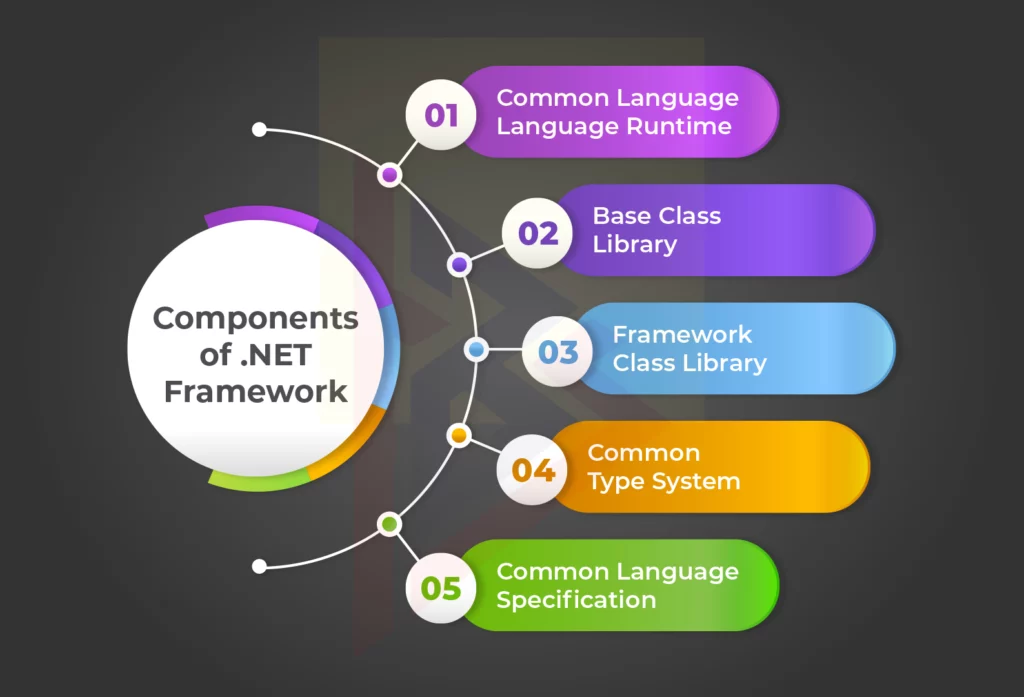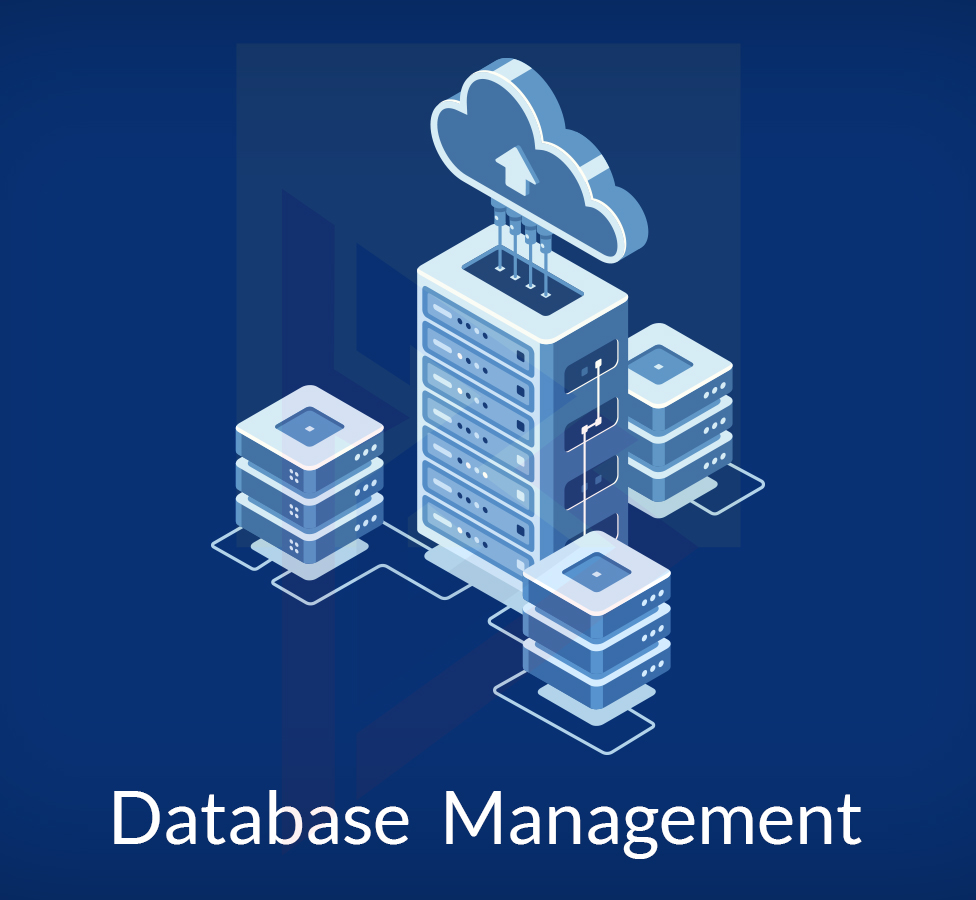Get 40 Hours Free Developer Trial
Test Our Developers for 40 Hours at No Cost - Start Your Free Trial →

.NET development skills are the potential way to create innovative and cutting-edge applications. .NET can open doors to exciting opportunities. Let’s explore the key aspects of .NET development skills, ranging from the foundational knowledge to the advanced expertise required to thrive in the ever-evolving tech industry.
Introduction
What is .NET?
Microsoft created the NET software development framework. In Addition, it offers programmers a thorough and dependable programming model for creating all kinds of applications, including web apps. Developers frequently choose.NET because of the variety of frameworks, tools, and language support it provides.
Importance of Scalable Web Applications
Scalability is a critical factor in modern web applications. Therefore as businesses grow and user demands increase, applications need to handle higher loads without compromising performance. Scalable web applications ensure a smooth user experience, accommodate growing user bases, and enable businesses to scale effectively.
Core Skills for .NET Developers
As a .NET developer aiming to build scalable web applications so it is essential to possess certain core skills. Let’s look more into a few of these abilities:
Proficiency in C#
C# is the primary programming language used in .NET development. In addition, to build scalable web applications, a .NET developer should have a strong command of C# and its associated concepts. Key skills include:
- Object-Oriented Programming: Understanding the principles and concepts of object-oriented programming is crucial for building modular and maintainable code.
- Language Features: Familiarity with C#’s language features, such as generics, LINQ, and lambda expressions, enables developers to write efficient and expressive code.
Knowledge of .NET Framework
The .NET Framework provides a runtime environment and a comprehensive set of class libraries for .NET developers. It is important for developers to have a deep understanding of the framework, including:

- Common Language Runtime (CLR): Understanding how the CLR works allows developers to leverage its benefits, such as memory management and exception handling.
- Class Libraries and Frameworks: Familiarity with the available class libraries and frameworks, such as ASP.NET, Windows Forms, and WPF, enables developers to utilize pre-built components effectively.
Experience with ASP.NET
ASP.NET is a popular web application framework within the .NET ecosystem. Proficiency in ASP.NET is crucial for building scalable web applications. Key skills include:
- Web Application Development: Understanding the fundamentals of web application development, including HTTP, request/response lifecycle, and state management, is essential.
- Server-Side Programming: Knowledge of server-side programming languages (e.g., C#) and frameworks (e.g., ASP.NET MVC, ASP.NET Core) is vital for implementing robust server-side logic.
Database Management Skills
Web applications often rely on databases for storing and retrieving data. .NET developers should possess strong database management skills, including:

- SQL and Relational Databases: Understanding SQL and relational database concepts allow developers to design efficient database schemas and write optimized queries.
- Entity Framework or Other ORMs: Experience with Object-Relational Mapping (ORM) frameworks like Entity Framework simplifies database access and enhances productivity.
READ ABOUT THE ARTICLE ALSO, Skills For A .NET Developer
Building Scalable Web Applications with .NET
To build scalable web applications, .NET developers need to follow certain best practices and techniques. Let’s explore some key aspects:
Understanding Scalability
Scalability refers to the ability of an application to handle increasing loads without sacrificing performance. Considering the following elements is crucial:
- Definition and Importance: Scalability ensures that an application can grow seamlessly to handle more users and deliver a responsive user experience.
- Challenges in Achieving Scalability: Scaling an application introduces challenges related to performance, data consistency, and distributed systems. Developers need to address these challenges effectively.
Architecture Design Principles
The architecture of a web application plays a crucial role in its scalability. So some important design principles to consider are:
- Modular and Layered Architecture: Breaking down the application into modular components and implementing a layered architecture allows for better maintainability and scalability.
- Separation of Concerns: Separating different concerns, such as business logic, presentation, and data access, improves code maintainability and enables independent scalability.
Performance Optimization Techniques
Optimizing the performance of a web application is vital for delivering a smooth user experience. So some techniques to improve performance include:
- Caching Strategies: Implementing caching mechanisms, both at the server and client levels, reduces the load on the application and improves response times.
- Asynchronous Programming: Leveraging asynchronous programming techniques allows the application to handle concurrent requests efficiently and utilize system resources effectively.
Load Balancing and Scalability Strategies
To handle high user loads, .NET developers should employ load balancing and scalability strategies, such as:
- Horizontal Scaling: Distributing the application across multiple servers to handle increasing user loads is an effective way to achieve scalability.
- Vertical Scaling: Upgrading the hardware resources of a single server to handle more traffic and users is another approach to scalability.
Testing and Debugging
The software development process includes testing and bug fixing as essential steps. The following are important factors, for.NET developers:
Unit Testing
- Importance of Automated Tests: Writing automated unit tests ensures code quality, facilitates refactoring, and helps catch bugs early in the development process.
- Testing Frameworks: Utilizing testing frameworks like NUnit or MSTest simplifies the process of writing and executing unit tests in a .NET environment.
Debugging Techniques
- Utilizing Debugging Tools: Proficiency in using debugging tools provided by Integrated Development Environments (IDEs) helps identify and resolve issues during development.
- Analyzing Logs and Error Messages: Proper analysis of logs and error messages provides valuable insights into application behavior and helps pinpoint and fix bugs.
Security Considerations
Building secure web applications is crucial to protect user data and prevent unauthorized access. However, some important security considerations for .NET developers include:
Authentication and Authorization
- Implementing User Authentication: Employing authentication mechanisms, such as forms authentication or token-based authentication, ensures that only authenticated users can access sensitive parts of the application.
- Role-Based Access Control: Implementing role-based access control (RBAC) allows developers to define fine-grained permissions and restrict access based on user roles.
Input Validation and Sanitization
- Preventing Common Security Vulnerabilities: Validating and sanitizing user input helps prevent common security vulnerabilities like SQL injection, cross-site scripting (XSS), and cross-site request forgery (CSRF).
- Using Parameterized Queries: Utilizing parameterized queries or ORM mechanisms with built-in protection against SQL injection ensures safe database interactions.
Continuous Integration and Deployment
Effective CI/CD practices streamline the development and deployment processes. Key aspects for .NET developers include:
Setting up a CI/CD Pipeline
- Version Control: Utilizing a version control system like Git enables developers to track changes, collaborate effectively, and manage codebase versions.
- Automated Build and Deployment: Using tools like Azure DevOps or Jenkins automates the build and deployment processes, ensuring consistent and reliable releases.
DevOps Practices
- Collaboration and Communication: Embracing collaboration tools and practices enhances communication and coordination between development, operations, and other stakeholders.
- Infrastructure as Code: Leveraging infrastructure as code (IaC) techniques, such as Azure Resource Manager (ARM) templates or Docker containers, simplifies the deployment and management of application infrastructure.
Wrapping Up
So, in conclusion, it clearly explains that .NET development skills are essential for building scalable web applications. Proficiency in core skills like C#, .NET Framework, ASP.NET, and database management sets the foundation for developing robust applications.
Understanding scalability, employing architectural best practices, optimizing performance, considering security aspects, and following CI/CD practices are vital for building highly scalable web applications. Furthermore, By mastering these skills, .NET developers can create applications that can handle increasing user loads, deliver exceptional performance, and meet the evolving needs of businesses.
Therefore, TechnoBrains Business Solutions is an easy company to think about if you want to work .Net Web Development. Finding someone like that is challenging, and it truly is. However, we have a group of over a dozen skilled.NET developers who can work on your project and assist your company. Contact us to learn more about our professionals.
Frequently Asked Questions
C# is the primary programming language used in .NET development skills. So it provides developers with a robust and expressive language for building various types of applications.
Web applications that are scalable can handle rising user loads without sacrificing speed. And also it allows applications to grow seamlessly as businesses expand and user demands increase.
Some popular testing frameworks for .NET include NUnit, MSTest, xUnit.net, and SpecFlow.
Load balancing distributes user requests across multiple servers, ensuring that each server handles a manageable load. So it helps improve performance and enables applications to scale horizontally.
CI/CD practices automate the build, testing, and deployment processes, leading to faster and more reliable software releases. So they ensure code quality, streamline collaboration, and enable frequent updates.










